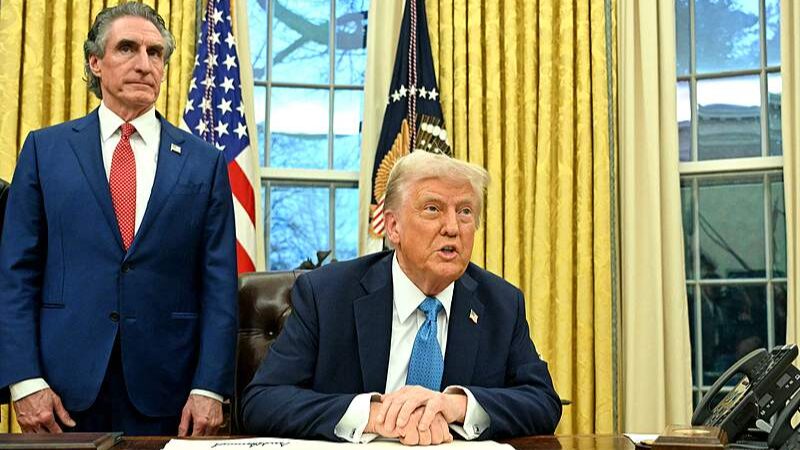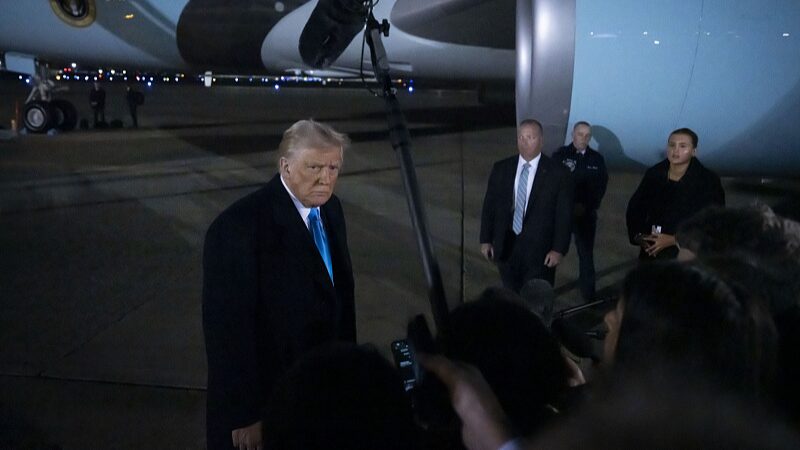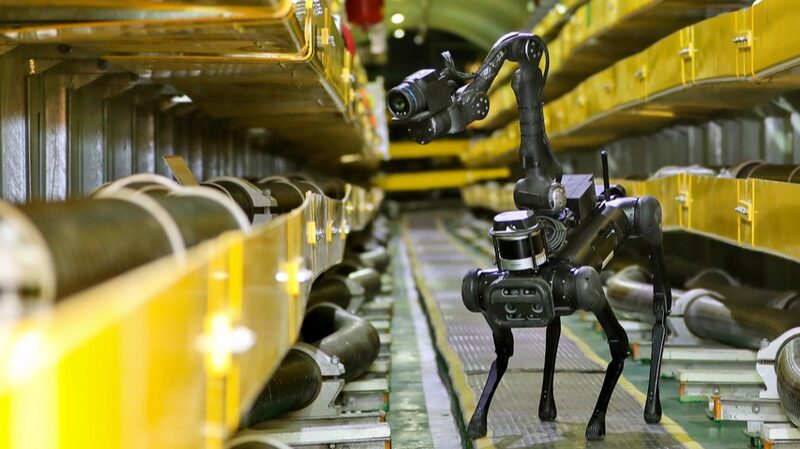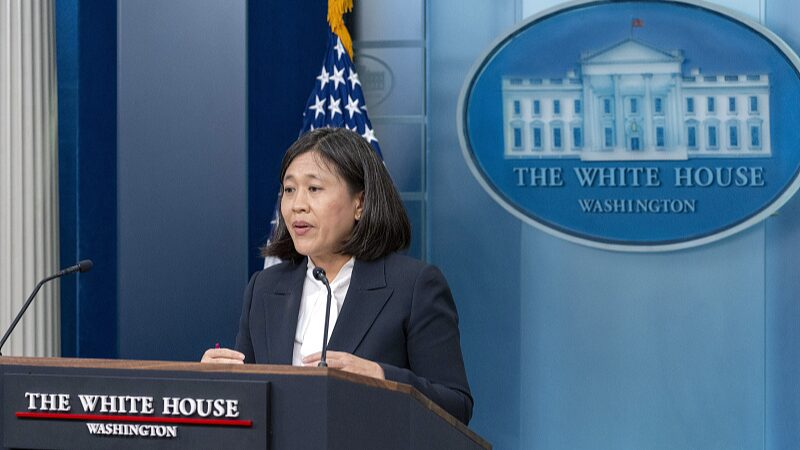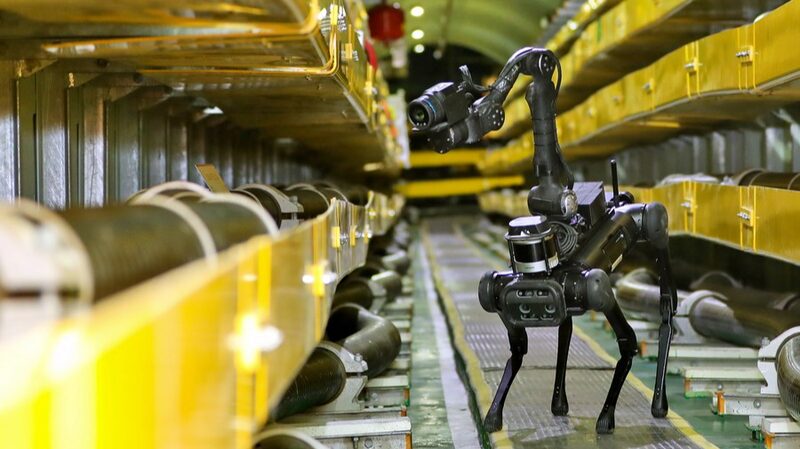In a significant move to stimulate domestic demand and enhance high-level openness, China announced adjustments to its import tariff rates and items on certain goods, effective from January 1, 2025.
The Customs Tariff Commission of the State Council revealed on Saturday that provisional import tariffs, which are lower than the most-favored-nation rates, will be applied to 935 commodities next year as part of the annual tariff adjustment plan. This initiative is designed to “help increase the imports of quality products,” according to the commission’s statement.
The tariff adjustments are strategically aligned with China’s goals of fostering new productive forces through scientific and technological innovation, improving people’s well-being, and promoting green and low-carbon development. By reducing tariffs, China aims to facilitate greater access to high-quality goods, supporting both domestic consumers and industries.
Under 24 free trade and preferential trade arrangements, conventional tariff rates will be applied to certain products from 34 countries or regions in the coming year. This step is part of China’s efforts to expand its globally-oriented network of high-standard free trade areas, strengthening economic ties and encouraging mutual growth.
A notable highlight is the China-Maldives free trade agreement, set to take effect on January 1, 2025. The agreement will progressively reduce tariffs, eventually leading to zero tariffs on nearly 96 percent of tariff lines between the two sides. This development is expected to significantly boost trade and investment between China and the Maldives.
Moreover, China will continue to offer zero-tariff treatment on 100 percent of tariff lines to the 43 least developed countries with which it has diplomatic relations. This commitment underscores China’s dedication to supporting the development of these nations and fostering mutually beneficial partnerships.
The commission also noted that new tariff items will be introduced for products such as pure electric passenger vehicles. This move is aimed at supporting industrial development and advancing scientific and technological progress, particularly in the field of sustainable transportation.
These adjustments reflect China’s ongoing efforts to deepen economic reform and opening up. By optimizing import tariffs, China is paving the way for increased international cooperation, technological innovation, and sustainable development, benefiting both its own economy and that of its global partners.
Reference(s):
China to adjust import tariff rates, items on some goods from Jan. 1
cgtn.com
